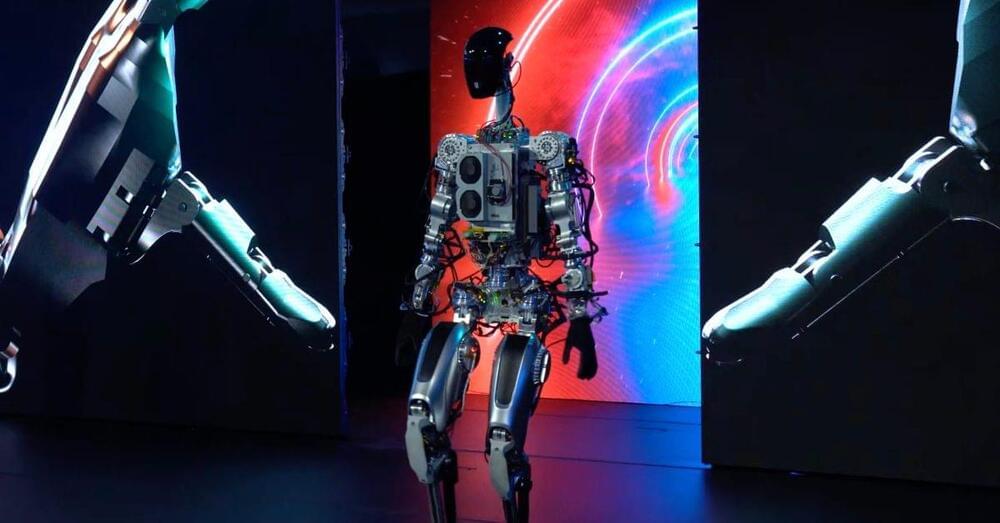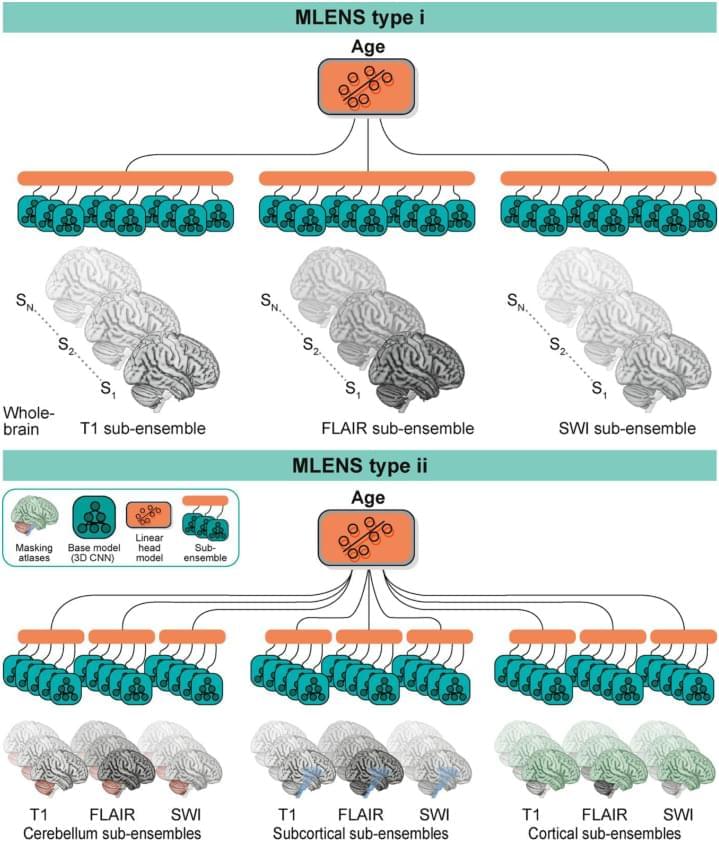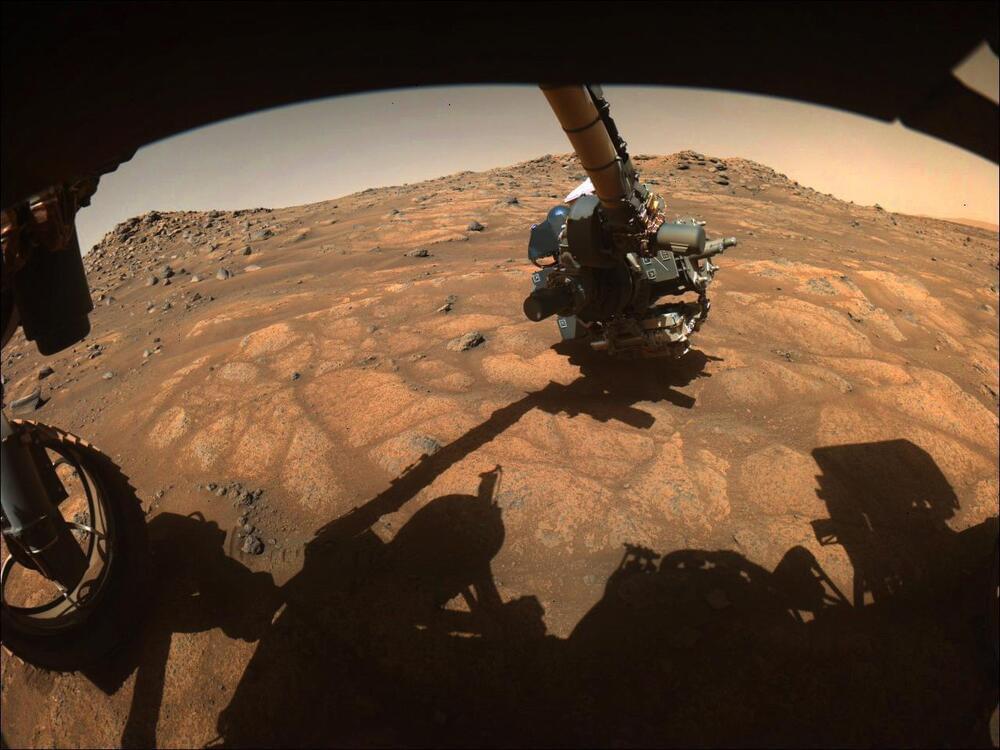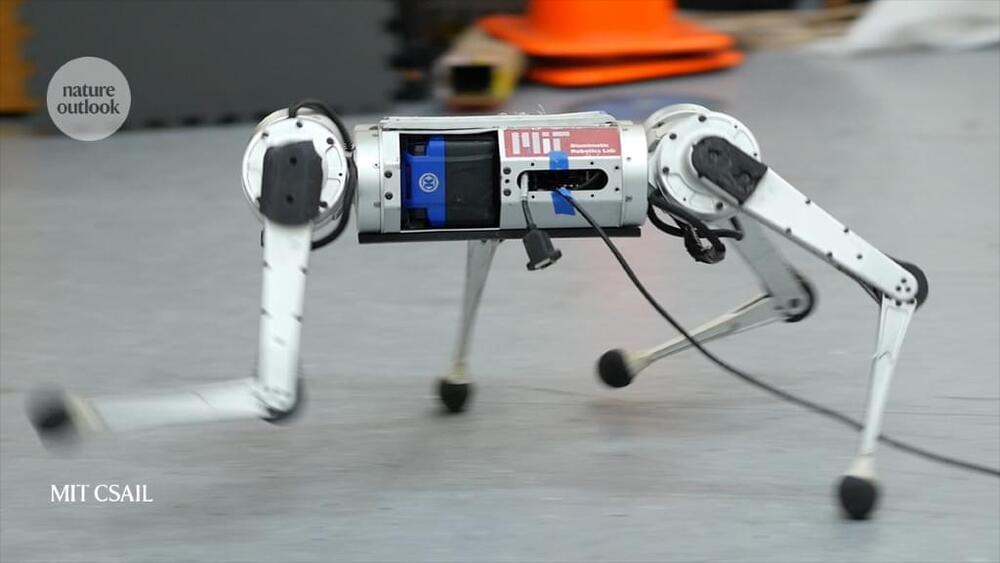Blainjett Aviation announced that initial testing of its hemi-rotor aerodynamic concept has confirmed its potential to deliver faster, more efficient performance in VTOL aircraft. Subscale tests demonstrated the novel configuration’s net positive lift and low drag through the ascent/hover, cruise, and descent/hover phases of flight.
The startup is applying the hemi-rotor concept to a subscale drone as part of a path to demonstrating that the configuration can scale to larger unmanned or manned aircraft in eVTOL applications from package delivery and cargo to transport and tactical military roles. Blainjett’s hemi-rotor design situates familiar vertical lift rotors partially inside opposite sides of an enclosed fuselage. The airfoil-shaped fuselage also houses a pair of electric motors to drive the lift-rotors. Situated in the empennage above an inverted V-tail, the third motor powers a pusher prop.
In a hover, conventional open-rotors generate an even amount of lift all the way around. But when a traditional rotorcraft flies forward, its rotor blades both advances forward into the relative wind and retreat from it during rotation. This yields a dissymmetry of lift on opposing sides of the rotor arc, eventually creating a hard speed limit.

 עברית (Hebrew)
עברית (Hebrew)



